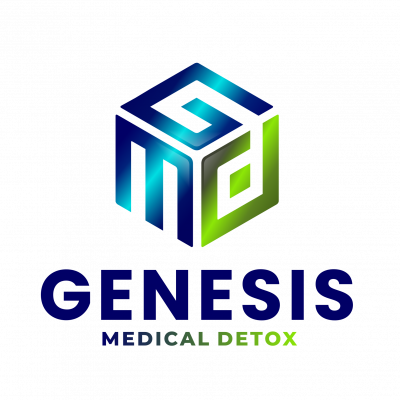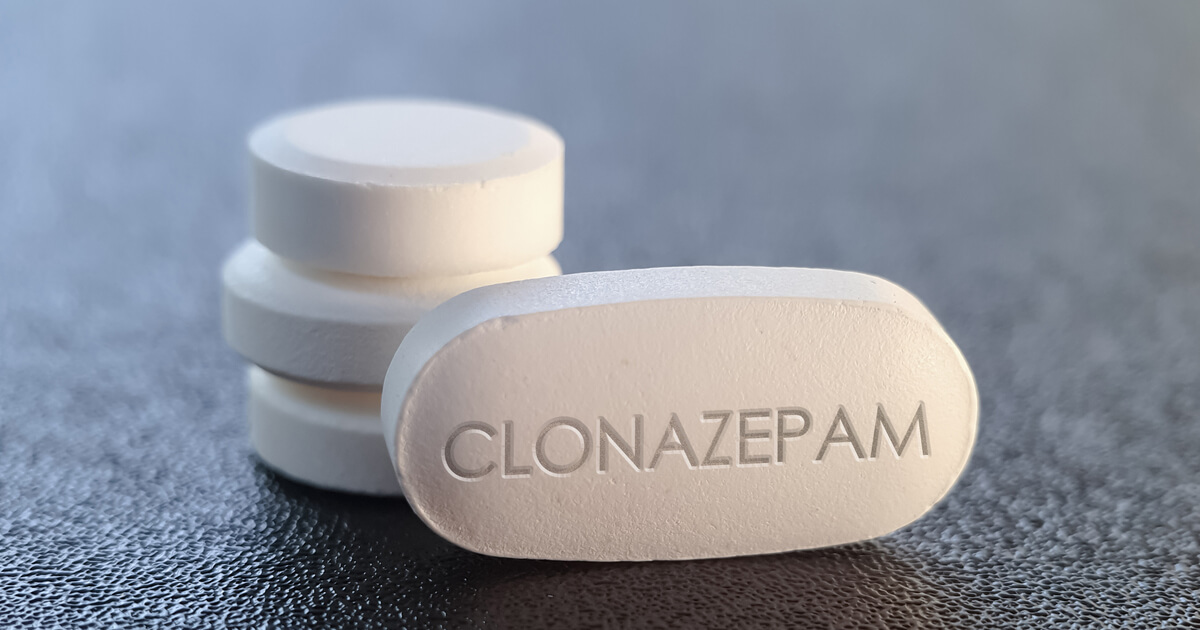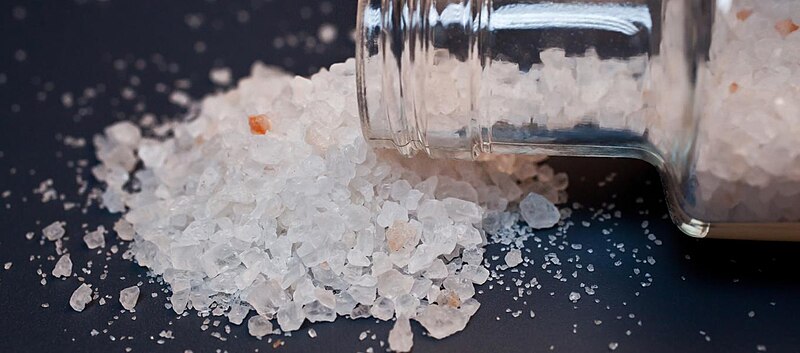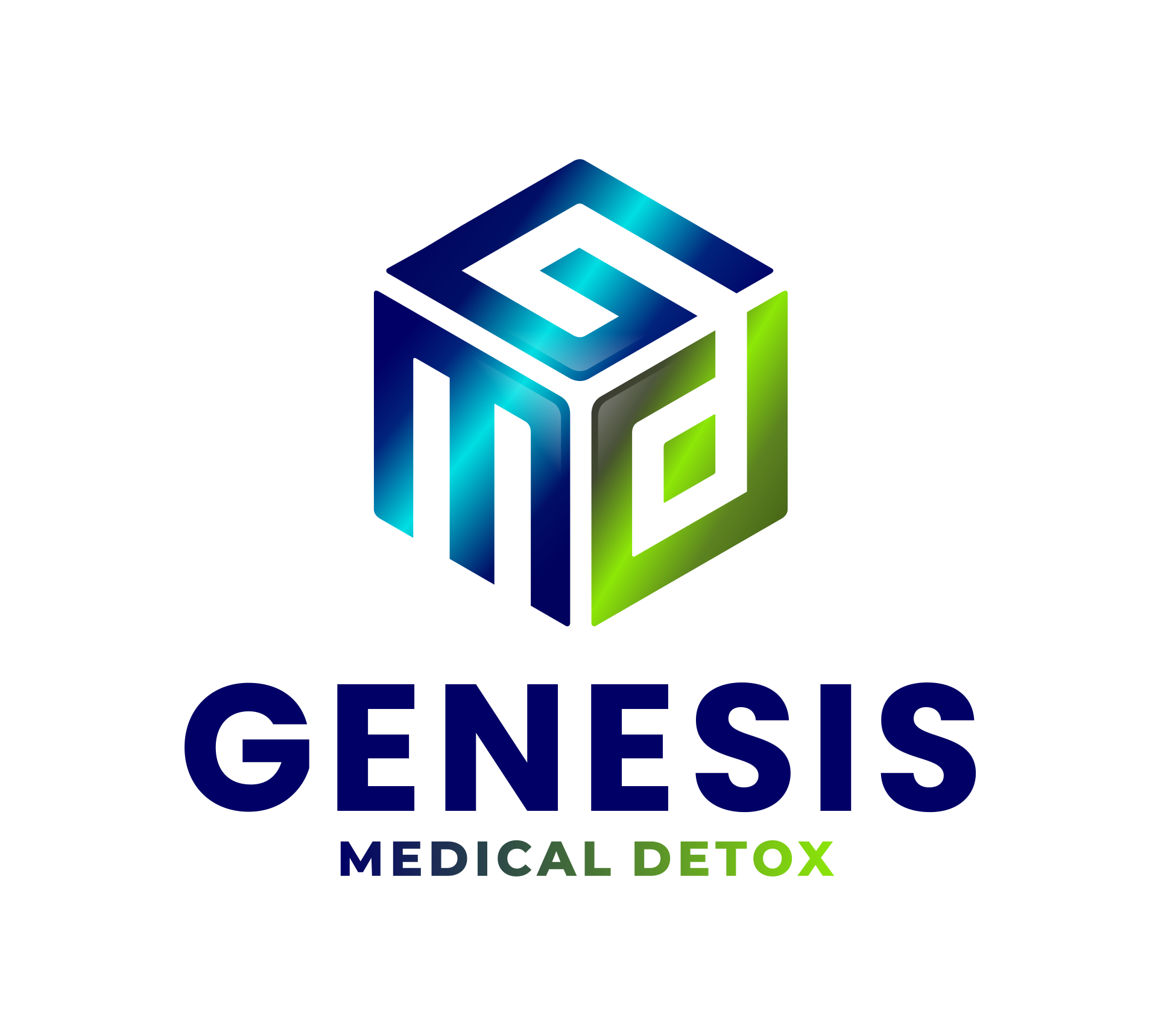Detox is a word often associated with fear and uncertainty, but in reality, it is an essential first step in the journey to recovery from addiction. Understanding what happens during this crucial stage can shed light on why detox is necessary for those seeking help.
It is undeniable that addiction is a complex battle, and professional guidance during detox ensures safety and comfort as individuals embark on their path to healing. So what happens during detox, and why is it such an essential step of recovery? Here is what you need to know.
What Is Detox?
Detox is the process of withdrawing from the substances you have been using. This can be physically uncomfortable and emotionally fraught. Depending on how much a person has been using, it may even have negative health consequences. For these reasons, people are always encouraged to go through detox as an inpatient. This also goes for individuals planning to attend outpatient rehab.
When you go through detoxification as an inpatient, you will have access to medical care 24 hours a day. These professionals are available to keep you safe and support you during this time.
The length of detox ranges depending on what substances a person has used, how often, and in what amount. Depending on these and other factors, the process can take anywhere from a few days to a few months. Most people fall somewhere between.
What Happens During Detox?
First, you will give information about your health history and the substances you use. This will help them provide you with safe and effective care during your stay. Your unique needs will depend on what you are withdrawing from. For this reason, it’s important to be honest with medical professionals.
For most people, detox doesn’t involve any direct intervention. It’s the natural process of your body cleaning your system of harmful substances.
The process is a bit more complex for individuals with a dependence on drugs or alcohol. Their body is used to having the substance in their system, so withdrawing can be difficult. The medical and therapeutic support in a detox program is called withdrawal management.
For some people, their addiction is too severe to cut substances off completely. In these cases, doctors will provide a course of decreasing doses to help them wean off little by little.
Why Does Detox Need To Happen Under Professional Supervision?
As mentioned above, detox is both a physical and emotional challenge. It can also need medical intervention.
There are several reasons why it’s crucial to go through this process in a safe setting. These fall under several categories: safety, comfort, and success.
Withdrawals Can Happen
Depending on the substances you use and how much, you may experience withdrawals. These may include nausea, depression or anxiety, exhaustion, cravings, hallucinations, and even seizures.
The severity of withdrawal symptoms varies. For some people, they are uncomfortable but not distressing. Those with extreme dependencies or multiple drug use might have a bigger challenge.
Alcohol withdrawal, for example, can cause rapid heart rate, trembling, insomnia, or confusion. Opioid withdrawal can involve stomach distress and feelings of anxiety.
It’s also important to note that the symptoms of substance withdrawal aren’t just physical. They can also be mentally distressing. Qualified professionals can offer emotional support as well as physical treatment to help.
The Chance Of Relapse Is Lower
Another critical reason to detox in a medical setting is the reduced risk of relapse. When people try to detox on their own, they are incredibly vulnerable. The likelihood of relapse on your own is high. An inpatient program provides resources and support to stay comfortable during withdrawals. Access to harmful substances is also restricted.
This is vital, as many people struggle to get past this first step of addiction treatment. Successfully withdrawing from drugs or alcohol provides the mental and physical health you need to achieve long-term sobriety.
Some People May Need Medical Care
Another is that dangerous withdrawal symptoms can happen. Though they are less common, seizures sometimes occur. These can be dangerous. It is best to be in a medical facility where you can receive prompt treatment if it does happen. Professionals know how to help individuals detox safely and healthily.
People withdrawing from benzodiazepine, for example, may experience distressing psychological symptoms. These can include hallucinations, paranoia, panic, or even suicidal thoughts. Being in a facility helps keep individuals safe while they are mentally overwhelmed.
There Are Treatments Available
Lastly, medical professionals have resources to help those who are undergoing withdrawal. These treatments may help lessen withdrawal symptoms and make the process more comfortable.
Some of these combat dangerous side effects of substance withdrawal, such as dehydration. Others include medications that reduce side effects like nausea or anxiety. Doctors will assess your symptoms to provide a curated treatment plan that is right for your needs.
Why Is Detox Important?
Detox is necessary because it is the first step of “resetting” your system. It is the necessary prelude to actual treatment. Quite simply, you cannot become sober without going through the process of detoxification.
Many facilities use the process as a chance to become familiar with the people in attendance. That includes their physical health and history of drug use. Doctors may ask why they feel the need to use these substances. This provides valuable insights into how to provide emotional support during treatment.
Detox also helps medical professionals understand your unique health needs. You should never try to detoxify at home, as it can be dangerous. People who try to withdraw on their own almost always relapse without support.
It is important to note that detoxification is not the same as rehab or addiction treatment. Instead, it’s considered the first step toward sobriety. It’s vital to follow a detox program with a qualified treatment program to learn ways of staying sober and healthy.
There are many options for addiction treatment. Some people attend an inpatient facility that is much like their initial program. Others go to outpatient rehab, which lets them have some semblance of their normal routine. Whatever you decide is best for your needs, an excellent detox program is just the first part of the process. But it also sets you on the course for long-term success.
Getting Started With Detoxification: The First Step
Starting the detoxification process can feel intimidating for many reasons. At Genesis Medical Detox, we offer expert help and support as you start treatment.
We know that people have many questions before they start addiction treatment. We’re happy to answer any inquiries about our inpatient programs and how we’ll support you during your stay. To learn more about services in Alabama and Tennessee, contact Genesis Medical Detox at 844-895-0537. Our team can verify your insurance and get you started on the road to recovery.









